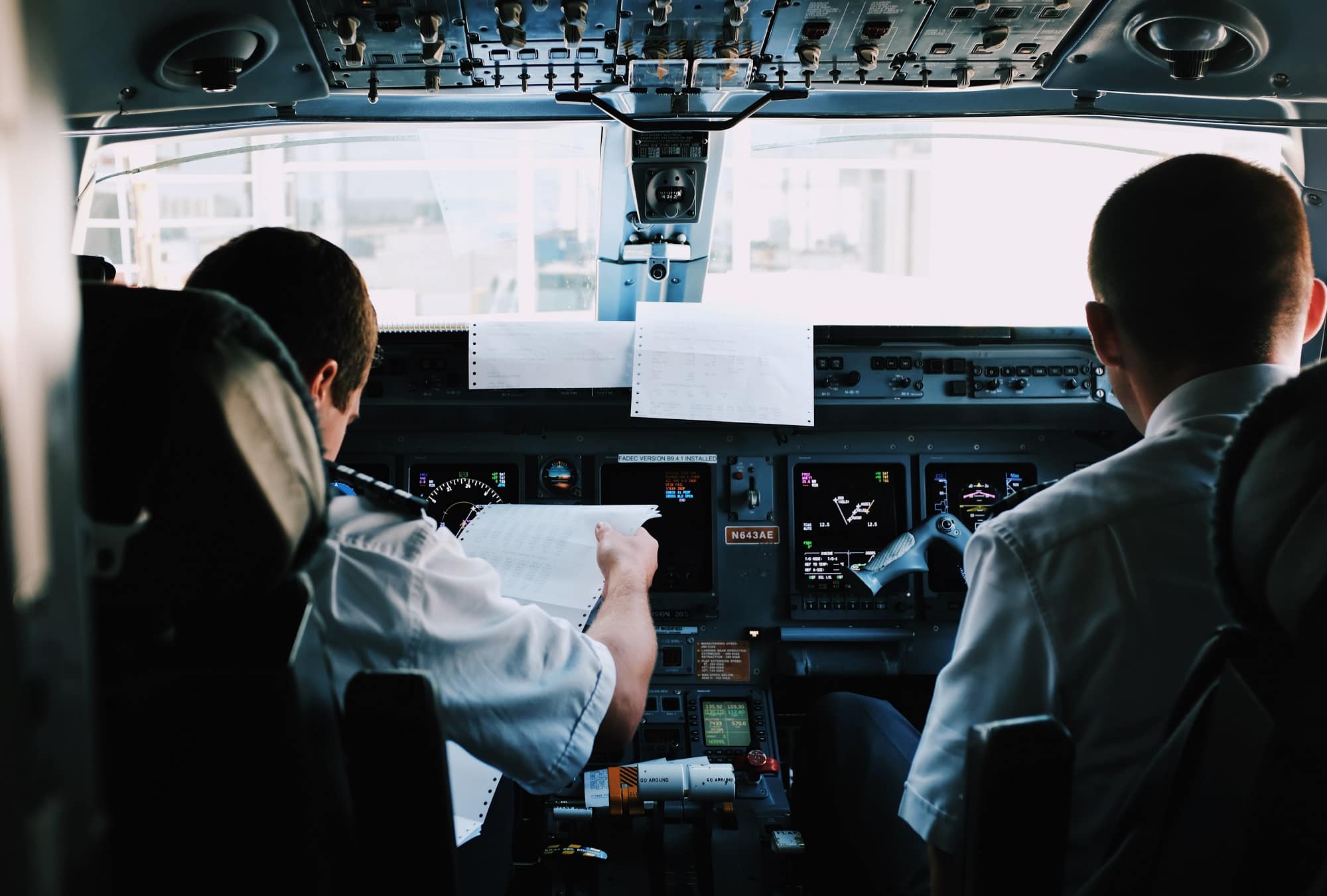If you ask a child what they’d like to be doing when they’re older, they’ll always say “pilot”. This career is full of adventure, technical expertise and freedom. Once your dream is a reality, every aspiring pilot is compelled to ask how much pilots earn?
It’s not so simple as a simple number. Understanding the current salaries of airline pilots requires navigating through a mixture of beginning wages as well as growth trajectory, benefit structures as well as real-life trade-offs which affect the financial side of aviation.
Beginning Small: The Reasons Why Many Pilots Get Started in the Regional World
The majority of pilots don’t begin their career in the cockpit of Boeing 787. Their careers often begin with regional airlines, flying smaller aircrafts and routes that are shorter. These jobs are training areas for future captains and their pay is a reflection of this.

Image credit: flightschoolusa.com
The pay of a regional airline pilot ranges between $45,000 and $700,000 depending on the airline used, and whether or whether the pilot has prior experience flying. Regional experience may seem low compared to the cost of flight school, but it’s a key factor to greater possibilities. And many regional carriers are raising pay rapidly due to a shortage of pilots.
The Salary of Commercial Pilots isn’t Always What You Think
Here’s where things can get fascinating. Commercial pilot certification doesn’t automatically mean you’re flying for the biggest airline. You are licensed to fly for money. This could include charters, cargo sightseeing, crop dusting, firefighting, or corporate jets. Each one of these options comes with various compensation plans.
A charter pilot could earn $60,000 while a Gulfstream G650 corporate captain can earn up to $200,000 every year. The scope of the commercial pilot salary varies so widely because the roles and risks vary too. As opposed to the seniority structures for airlines, commercial sector typically base pay on negotiation the type of aircraft, as well as contract terms with customers.
When the Numbers Get Bigger
Salary for pilots USA for those who climb the ranks to join an airline that is major The numbers begin to look attractive. A first officer in a major U.S. carrier might earn between $90,000 and $150,000. For a captain in the senior ranks, a captain who travels on international wide-body routes could earn from $300,000 up to $400,000.
But the numbers don’t reflect the whole picture. The senior years often come with lengthy hours, a gruelling schedule and sacrifices in lifestyle. A fulfilling career isn’t always glamorous.
What isn’t on your paycheck?
A major aspect of any pilot’s salary negotiation is the discussion of benefits and that is the reason why many pilots are able to see the value that goes above the dollar amount. From medical insurance coverage that is comprehensive and pension plans to travel privileges which extend to family members, the perks could make a significant distinction in the overall quality of life.
In addition, a lot of airlines offer signing bonuses (sometimes $15,000 to $75,000) for pilots who have experience in particular pilots with military backgrounds or type ratings in demand. These bonuses reflect an urgent demand for experienced pilots, given the increasing age of pilots as well as the growing demand for travel in the U.S.
What is the worth of a Job?
In the United States of America, becoming a licensed pilot is not all that difficult, it’s also expensive. It can cost anything between $70,000 and $150,000, and most pilots won’t see six figures until a few years into their careers. But the payoff in the long term is substantial.
The job of a pilot tends to be predictable, with a logical progress and a routine that can be admiration by other occupations. For many pilots, however it’s the thrill of flying and the joy that comes from controlling an aircraft that are the most significant benefits.
Final Thoughts
A salary for a pilot in the USA isn’t only about money, it’s about growth, journey and a life style. The job of pilots isn’t just an opportunity to earn a living but also a reason to live a life of. You can choose regional positions such as commercial charters or long-haul international flights. Every step will not only bring better earnings but a broader perspective.